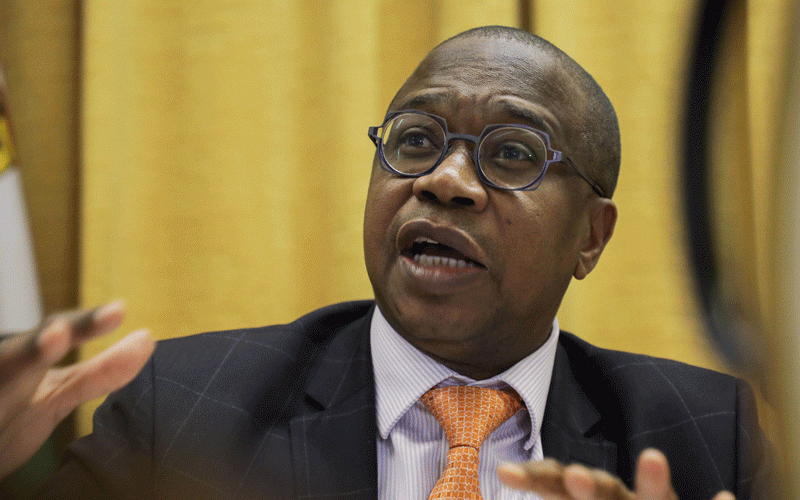
AMERICAN economist Steve Hanke has advised Finance minister Mthuli Ncube to “go back to school” and review the fundamentals of economics to stem the unrelenting devaluation of the Zimbabwe dollar.
This week, the Zimbabwe dollar recorded its biggest drop off since its reintroduction in June 2019 of 30,3% to $1 888,01, against the United States dollar on the official market. On the parallel market, the Zimbabwe dollar depreciated almost similarly by 33% to $4 000, as of Thursday, against the greenback.
The dramatic fall of the local currency is being driven by a highly-speculative market as the country has mostly dollarised, with no concurrent economic growth to support it.
Money supply pressure is also increasing, having reached $3,19 trillion at the end of March, a 9,12% increase from February, a near 37% increase from December 2022, and about a 442% increase from March 2022.
“Zimbabwe’s inflation soars to the moon! Today, I measure Zim’s inflation rate at 717%/yr [per year-on-year). It’s no surprise that Zimbabweans want Finance minister Mthuli Ncube to spend more time in the Economics 101 classroom,” Hanke said, in a tweet on Thursday.
Hanke has previously called for the Reserve Bank of Zimbabwe to be dissolved and a currency board to be created in its place until the exchange rate normalises.
The volatility of the exchange rate has led to other challenges such as power shortages, water challenges, poor telecommunication networks, wage erosion, a rising cost of living, and overall inflation.
To address the rampant speculation of the parallel exchange rate, Treasury recently stated that it would “immediately” cause short-term interest rates of tenors up to six months to rise sharply, with longer term rates remaining low.
- Budget dampens workers’ hopes
- Govt issues $24 billion Covid-19 guarantees
- Letter to my People:They have no answers for Nero’s charisma
- ZMX to enhance farm profitability
Keep Reading
Ncube also raised the amount of domestic forex generation to 100%, from 85%, for local businesses and promised to fine-tune the foreign currency auction to be truly market driven.
American financial services firm, Fitch Solutions, in its new May 2023 Southern Africa Monitor Report, said should President Emmerson Mnangagwa win a second term the situation would get worse.
“We believe that progress on reforms will remain weak under another Mnangagwa presidency. In November 2022, Zimbabwean Minister of Finance Mthuli Ncube stated that he was engaging with the IMF (International Monetary Fund) to find a solution to the country's nearly US$10 billion in arrears. However, we believe that the government will be unlikely to implement the reforms required by the IMF for the restructuring of the country’s debt,” Fitch Solutions said.
“These would likely include cuts to public sector wages, improving transparency, fighting corruption and potentially liberalising the exchange rate. Over the medium term, we believe that the country's fiscal and eventual external deficits will remain funded by loans from the Reserve Bank of Zimbabwe, a trend which will keep fuelling inflationary pressures, and by loans from China.
“We see little scope for further liberalisation of the country's key mining sector (which generates 20% of GDP), as an unstable tax framework and capital shortage, captured by our low Operational Risk Index score of 32,2, will keep constraining investment growth.”
Hanke’s tweet comes over a week after he named Zimbabwe as the most miserable country in the world in his annual 2022 Hanke’s Annual Misery Index.
The dramatic fall of the Zimbabwe dollar has led businesses to resort to speculative pricing.
For example, a three-piece meal at the Simbisa Brands Limited fastfood outlet, Chicken Inn, in Msasa, Harare, was on Thursday costing $18 000 or US$5,50.
This translates to an exchange rate of US$1: $3 272,72, that is nearly $1 200 above the allowed amount for businesses.
Efforts to get a comment from Ncube were fruitless.






